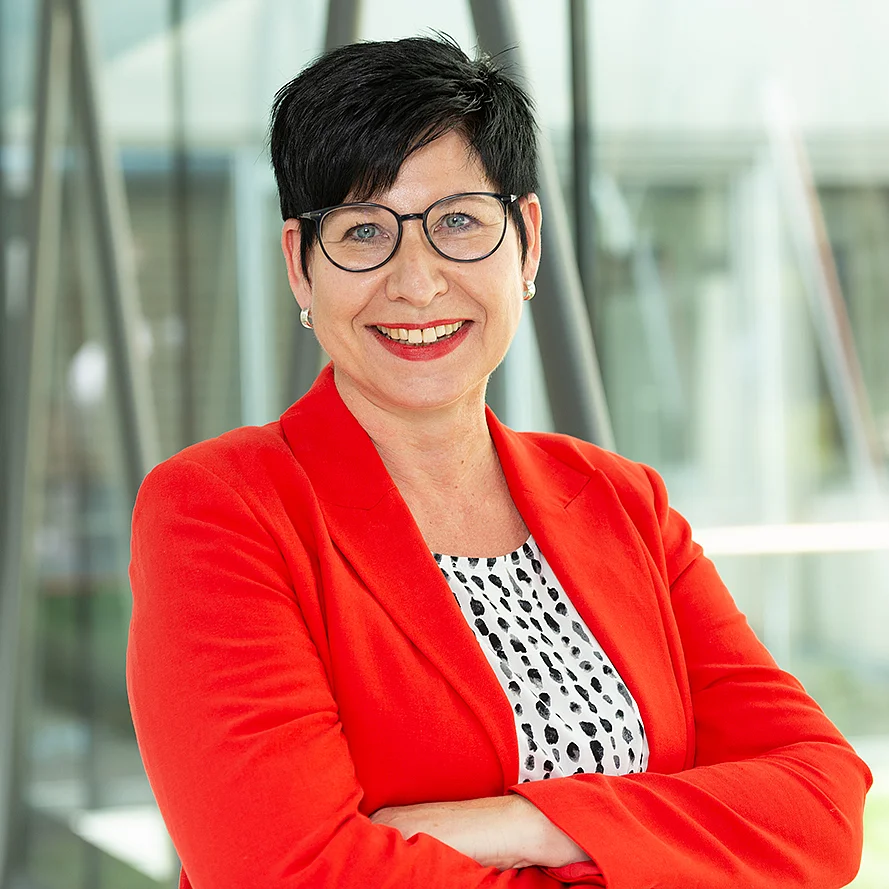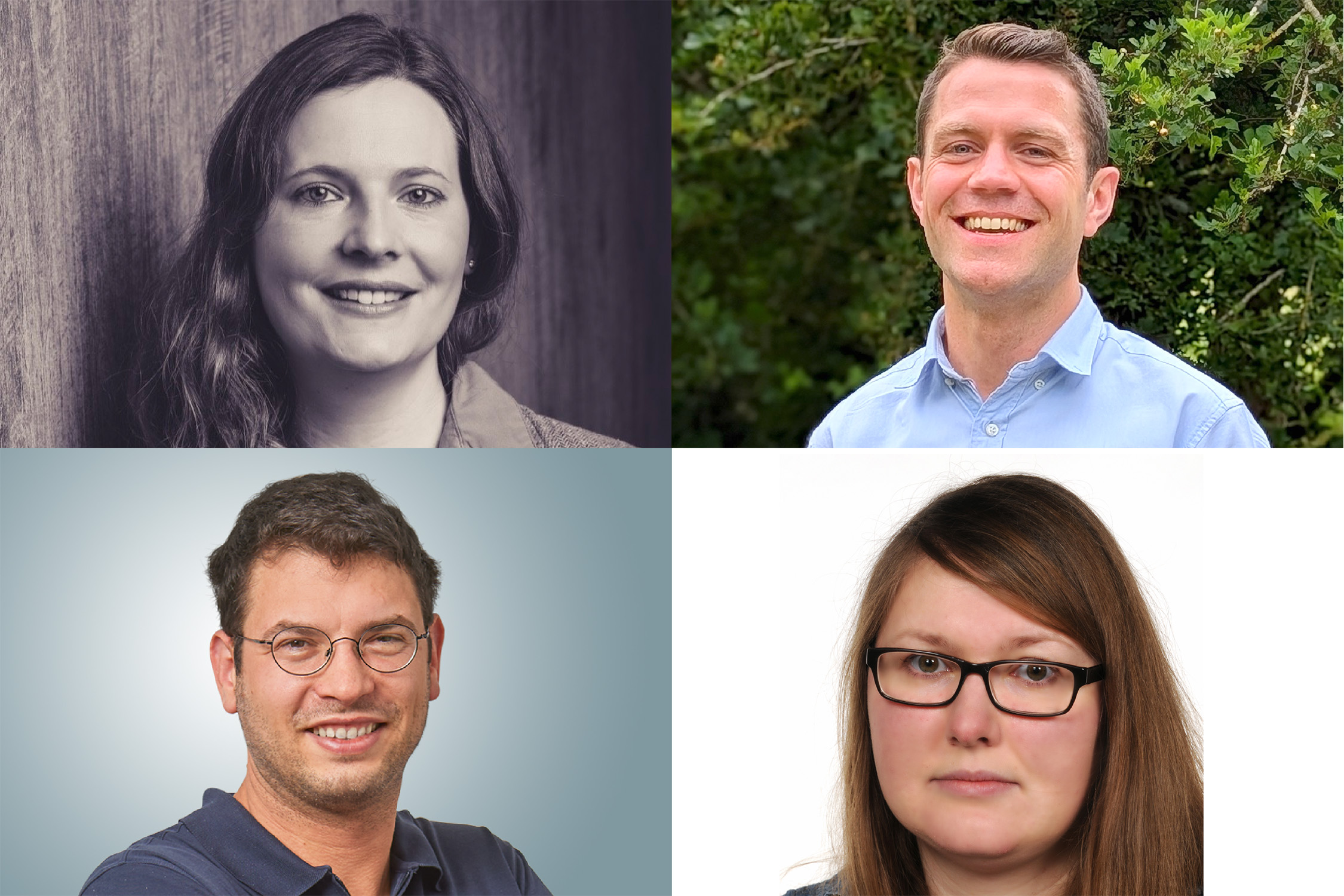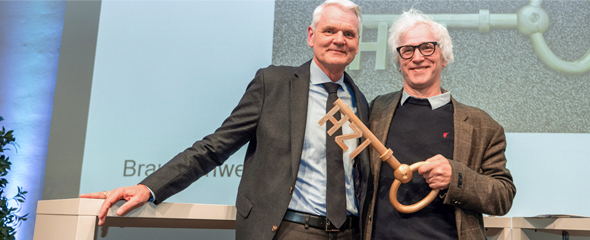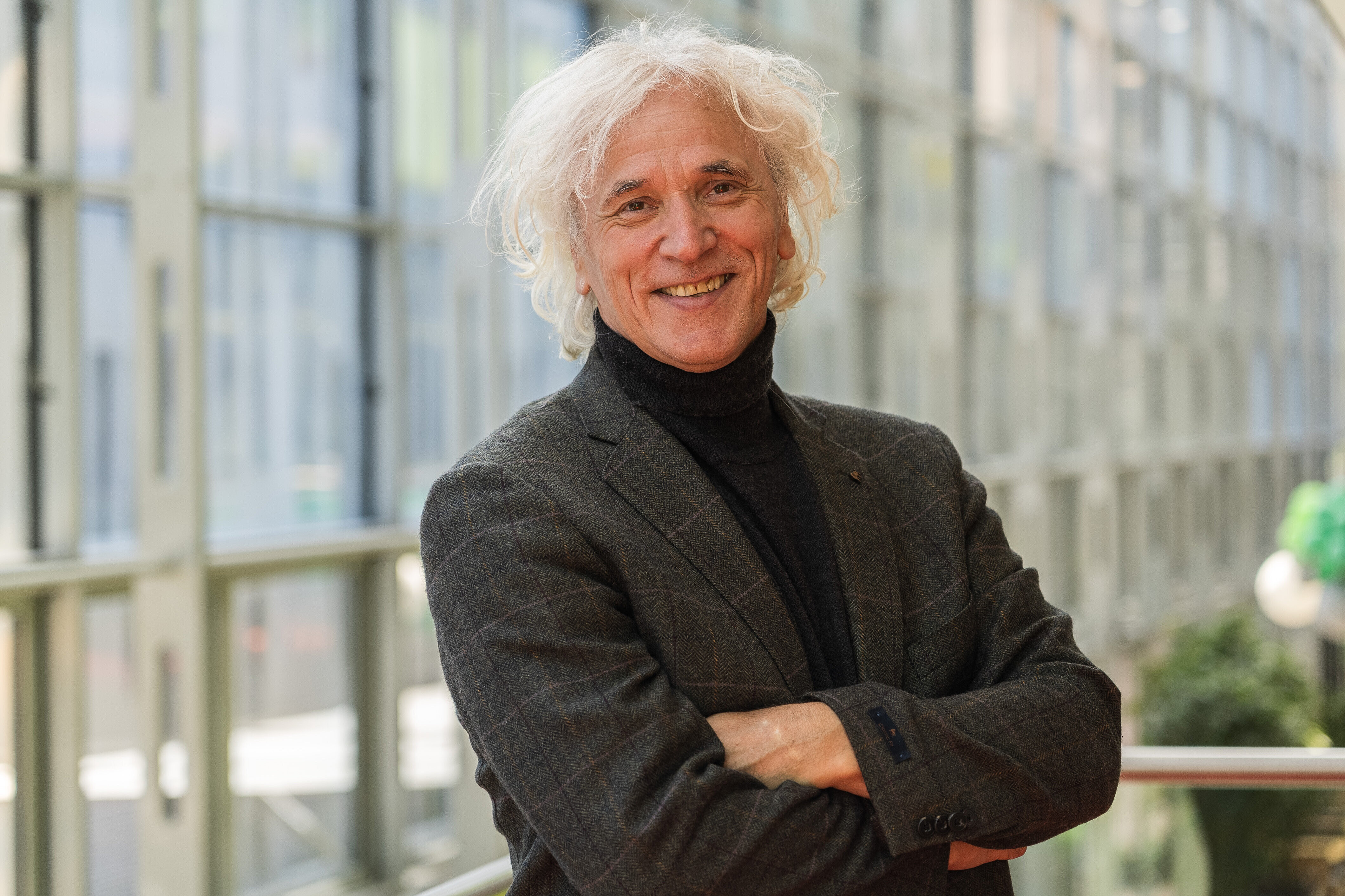Prof. Martin Korte from the Zoological Institute at TU Braunschweig, spokesman for the TU research focus “Engineering for Health” and head of the HZI research group “Neuroinflammation and Neurodegeneration”: "Josef Penniger is one of the most creative, innovative and productive cell and molecular biologists worldwide. Wherever he is, in whatever field he is currently working, he gives new impetus to the networking of people and institutions and, above all, he supports young scientists who want to tread new, risky paths."
Prof. Josef Penninger's basic approach is to modify genes in mice and determine the effects of these mutations on the development of the whole organism and on disease. He has used these mutations to identify fundamental principles of development and fundamental mechanisms of disease. Throughout his career, he has elucidated the cellular basis of cell-cell communication and developed translational therapies for cancer, immunological disorders and viral infections (including SARS-CoV-2). He has also developed methods to better understand and treat cardiovascular disease.
"As the scientific director of the HZI, Prof. Penninger is particularly important for the further development of the site," says Prof. Korte. This is reflected in the fact that he is currently developing one of the largest production facilities for organoids (3D organ systems in culture) for the heart, blood vessels and brain. "We are in constant dialogue here, not least through the joint BRICS at TUBS, to advance systemic life sciences, modelling of infections and the immune system, as well as metabolic processes."
Prof. Martin Korte particularly appreciates the importance of Prof. Penninger for the Braunschweig-Hannover research region with the HZI, the Hannover Medical School and TU Braunschweig. "He will continue to improve the network between them, strengthen cell biology in the education of biology and biotechnology students and improve doctoral training." He also expects Prof. Penninger to promote young scientists as junior research group leaders and to act as a mentor.





